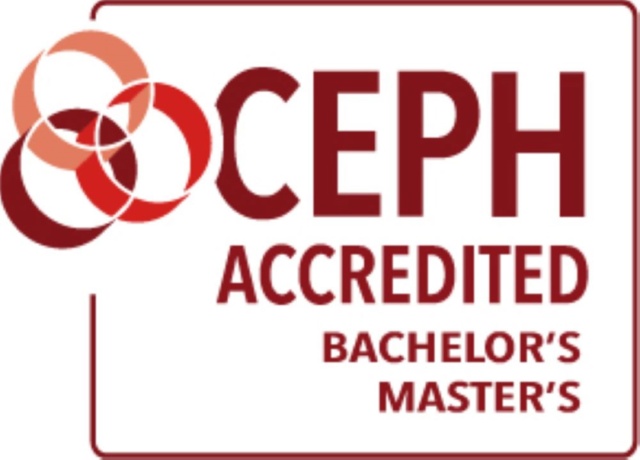La Salle University

What is Public Health?
Public Health is a broad evidence-based field that aims to promote health and prevent disease in diverse communities. Public Health Professionals focus on addressing public health challenges for entire communities and populations rather than individuals or patients.
What You’ll learn
La Salle’s B.S. in Public Health program prepares students for careers and graduate-level study as advocates for improving the health and well-being of communities locally, nationally, and internationally. Courses cover a variety of public health topics, including informatics, epidemiology, health education, violence prevention, and health policy. Students gain firsthand knowledge of the needs of vulnerable and diverse populations. As a requirement of La Salle’s B.S. in Public Health, students will complete a capstone project to develop and implement a public health program that matches students’ chosen career paths and offers real-world professional experience in a public health setting.
Why Study Public Health at La Salle?
La Salle’s Public Health program is rooted in the belief that the health and safety of the community as a whole is fundamental to the welfare of its citizens. Accredited by the Council on Education for Public Health, students from diverse disciplines and backgrounds will be prepared to work in education, health promotion, and disease prevention initiatives in their communities and around the world.
Our close-knit classroom style allowed for a more intimate learning environment,” she said. “Where more one-on-one time with our professor helped prepare us for the rigors of bedside nursing. I truly believe that it is because of this unique atmosphere I was more than ready to face the challenges that lay ahead.
Meet the Faculty
Faculty have expertise in a number of public health disciplines including biostatistics, epidemiology, community health, policy, environmental health, behavioral health as well as a myriad of public health concerns facing communities. Our faculty are also actively engaged in a number of community-based service projects and collaborations with students.
Career Opportunities
Public health professionals with strong leadership, communication, and analytical skills, as well as in-depth knowledge of the complexities of health-related issues and the health care system, are in high demand.
Graduates from La Salle’s Public Health program work in the following fields:
- Biostatistics and informatics
- Communications
- Community health
- Emergency management
- Environmental health
- Epidemiology and research
- Global health
- Public policy and administration
Accreditation
Accredited by the Council on Education for Public Health, which assures quality in public health education and training to achieve excellence in practice, research and service, through collaboration with organizational and community partners.


The honor will be given during the Undergraduate Commencement Ceremony on Saturday, May 11.

La Salle University’s Department of Intercollegiate Athletics and Recreation is adding four varsity sports—women’s rugby, women’s acrobatics and tumbling, and women’s triathlon, and will reinstate baseball — for the 2025-26 school year, President Daniel J. Allen, Ph.D., and Vice President of Athletics & Recreation and Director of Athletics Ashwin Puri announced April 17.

Explorers from around the world came together to support La Salle University with gifts to enhance the student experience.